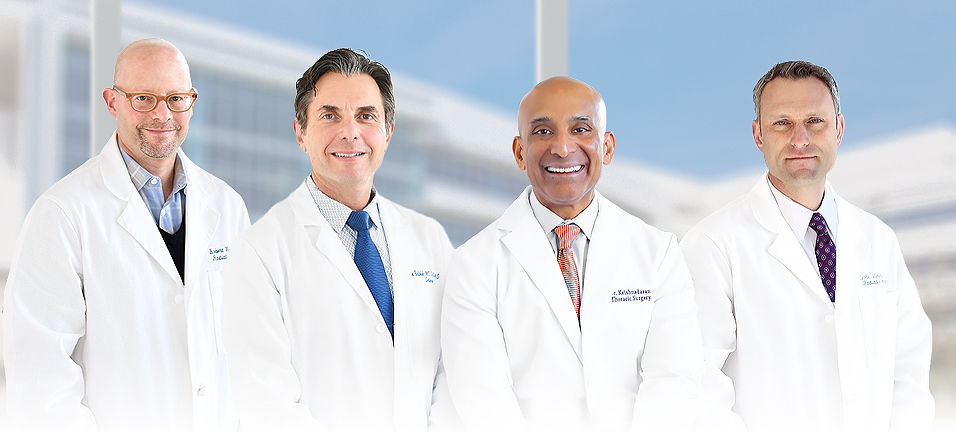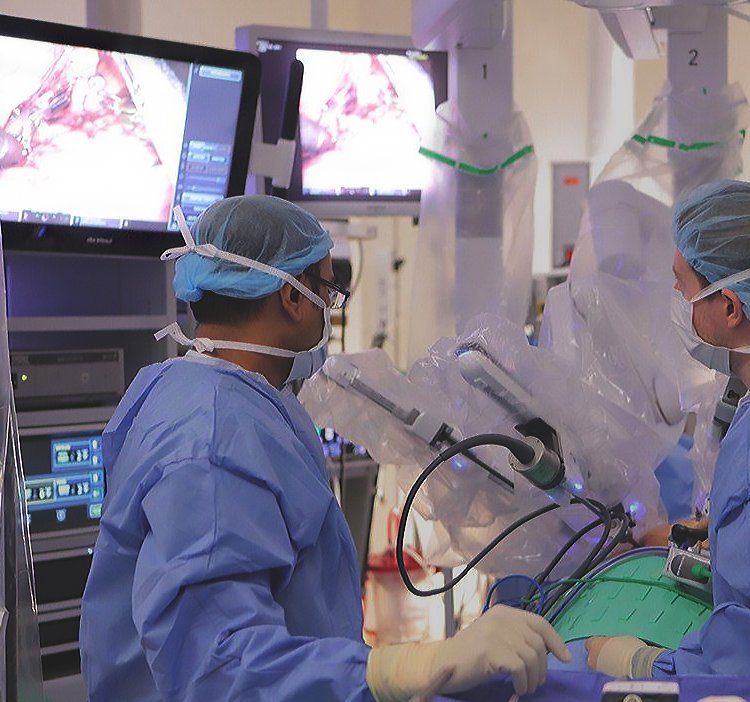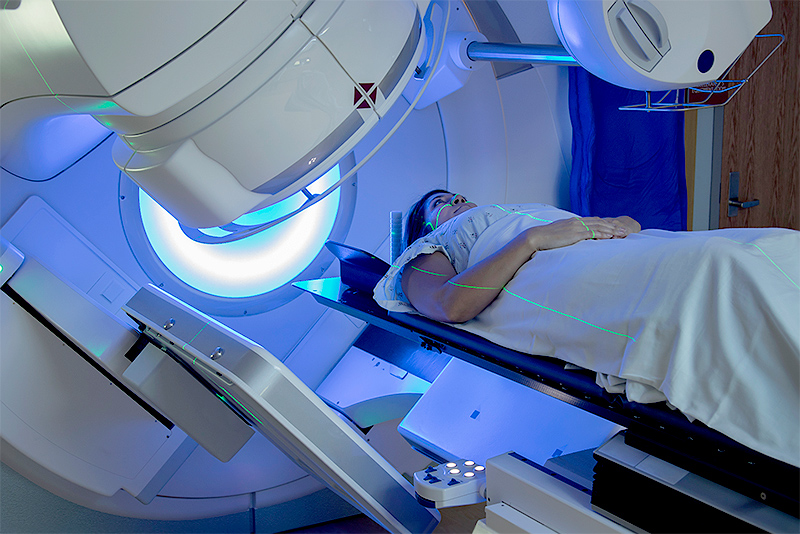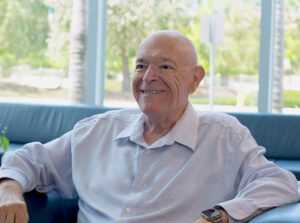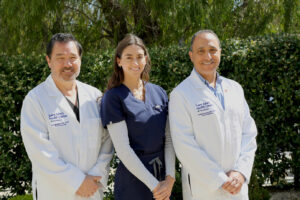Our Esophageal Cancer Team
If you have questions about esophageal cancer treatment, including the stomach, please call today. Click here to request an appointment.
Featured Esophageal Cancer Testimonials
Stage 3 Esophageal Cancer Survivor shares his story
Esophageal Cancer – A journey of self-advocacy and perseverance.
Peter Markham shares his symptoms of esophageal cancer
Peter finds solace at Saint John’s – A diagnosis of esophageal cancer.

